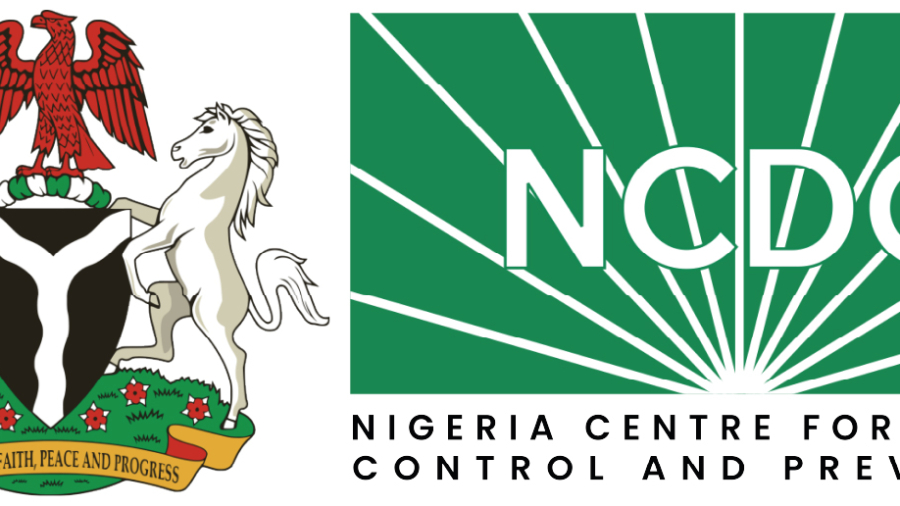The Nigeria Centre for Disease Control and Prevention (NCDC) has classified the country as being at moderate risk of Human Metapneumovirus (HMPV), a respiratory virus currently circulating in China and other parts of the world.
This was revealed in a dynamic risk assessment conducted on January 6, 2025, in collaboration with international health organisations, including the World Health Organisation (WHO), the US Centers for Disease Control and Prevention (USCDC), and the UK Health Security Agency (UKHSA).
HMPV is a common respiratory virus that can cause illnesses ranging from mild cold-like symptoms to severe respiratory infections, particularly in young children, older adults, and individuals with weakened immune systems.
Speaking on the development, the Director-General of the NCDC, Dr. Jide Idris, said, “Today’s assessment will guide Nigeria’s preparedness efforts and response strategies to mitigate the potential impact of HMPV in the country.”
He noted that all ports of entry (PoEs) in Nigeria have been placed on high alert, with proactive measures being implemented to ensure public safety. These include heightened surveillance through the National Influenza Sentinel Surveillance (NISS) system, which monitors Influenza-like Illnesses (ILI) and Severe Acute Respiratory Infections (SARI) at sentinel sites across the six geopolitical zones.
“As of January 6, 2025, data from the NISS system does not indicate any unusual increase in respiratory infections, including those caused by HMPV,” Idris confirmed. “However, given the global trends in HMPV cases, the NCDC is strengthening the country’s preparedness and response capacity.”
To enhance readiness, the NCDC said it was implementing measures such as,
an Entry Implementation Protocol for HMPV, approved by the Minister of Health and Social Welfare, was developed and distributed to PoEs. Quarantine facilities were prepared to manage suspected or confirmed cases., laboratories in states with international airports are being equipped to test for HMPV, alongside provisions for increased testing at NISS sites, IPC materials, including personal protective equipment (PPEs), are being stockpiled and distributed to PoEs and health facilities.
State governments and health facilities would also be supported to train healthcare workers on HMPV case management and response, Public health advisories were also issued to hospitals nationwide, emphasising enhanced hygiene practices, isolation protocols, and the activation of treatment centers or isolation centers.
Dr. Idris dispelled rumours about HMPV being declared a Public Health Emergency of International Concern (PHEIC) by the WHO, calling the reports false. “The WHO has not made such a declaration, and such claims should be disregarded,” he clarified.
He also emphasised the importance of public awareness. “We are engaging with the public through accurate messaging to address concerns, dispel misinformation, and encourage health-seeking behaviors,” Idris said. Information, Education, and Communication (IEC) materials were distributed at PoEs, while the NCDC collaborated with state communication teams and health educators to strengthen outreach efforts.
The NCDC’s announcement followed reports of rising HMPV activity in China, the UK, France, Germany and India. The UK Health Security Agency (UKHSA) has noted increased hospital admissions due to HMPV-related complications, particularly among children under five and older adults in care homes.
In light of these developments, the NCDC urged Nigerians to remain vigilant and adhere to preventive measures, including maintaining proper hygiene and seeking medical attention if experiencing symptoms of respiratory infection.
For emergencies, the public is advised to contact the NCDC’s toll-free line at 6232 or email info@ncdc.gov.ng. Updates can also be accessed on the agency’s verified social media platforms.
